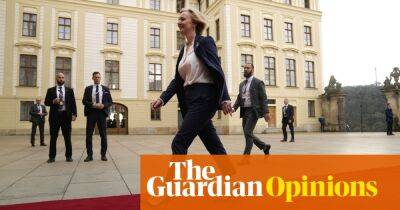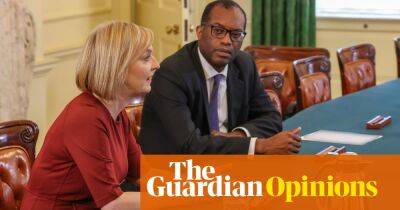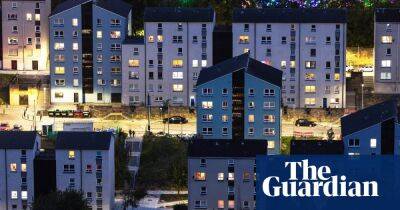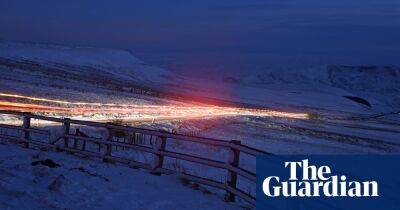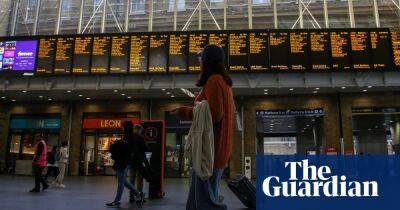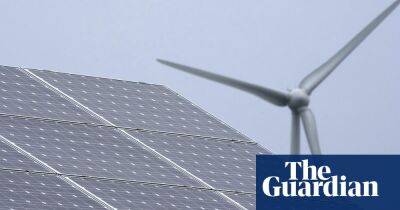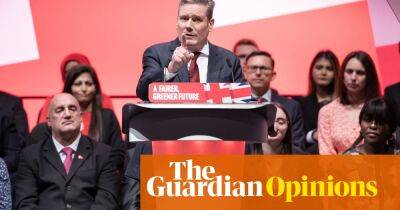Nature is not an impediment to UK economic growth: it’s vital to it
As we debate how best to integrate environmental and economic goals, it is perhaps worth remembering that even central bankers need to eat, drink and inhale clean air. Food and water security, protection from climatic extremes, the carbon cycle, public health and the replenishment of the very air we breathe all depend on nature. It is less that nature is part of our economy, and rather thatour entire economic system is a wholly owned subsidiary of nature.
During recent years there has been a series of expert reviews revealing the scale of the social and economic risks that accompany the continued degradation of nature. Some interpret these findings as a reason to oppose economic growth. The key question is, however, not about growth per se, but the style and quality of growth that we pursue. Growth that results in the destruction of nature will, in the end, cease. Economic development that, by contrast, moves toward net zero greenhouse gas emissions and the recovery of nature is a very different prospect.
There are compelling examples of countries that have chosen this strategy. In the 1980s Costa Rica’s governmentdecided to break the mould of growth generated by environmental destruction, and instead embarked on a programme of nature recovery. Fast-forward to the 2010s and the country had doubled not only natural forest cover, but also per capita GDP.
Here in the UK there is clear evidence of the benefits of adopting a similarly integrated approach. Restoring 55% of UK peatlands to near natural condition would store carbon to the value of at least £45bn, according to a study for the International Union for Conservation of Nature. Creating 100,000 hectares of wetland upstream of major towns and cities can yield a
Read more on theguardian.com






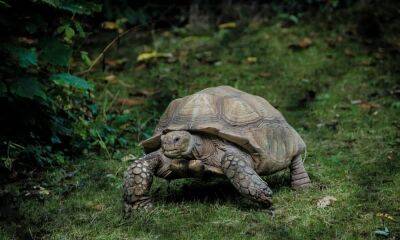
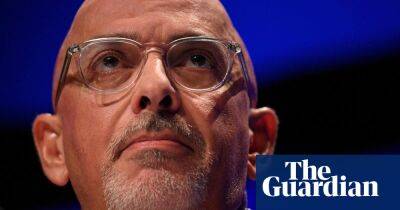
![Decoding SushiSwap’s [SUSHI] unprecedented price growth](https://finance-news.co/storage/thumbs_400/img/2022/10/7/43995_nxt.jpg)

